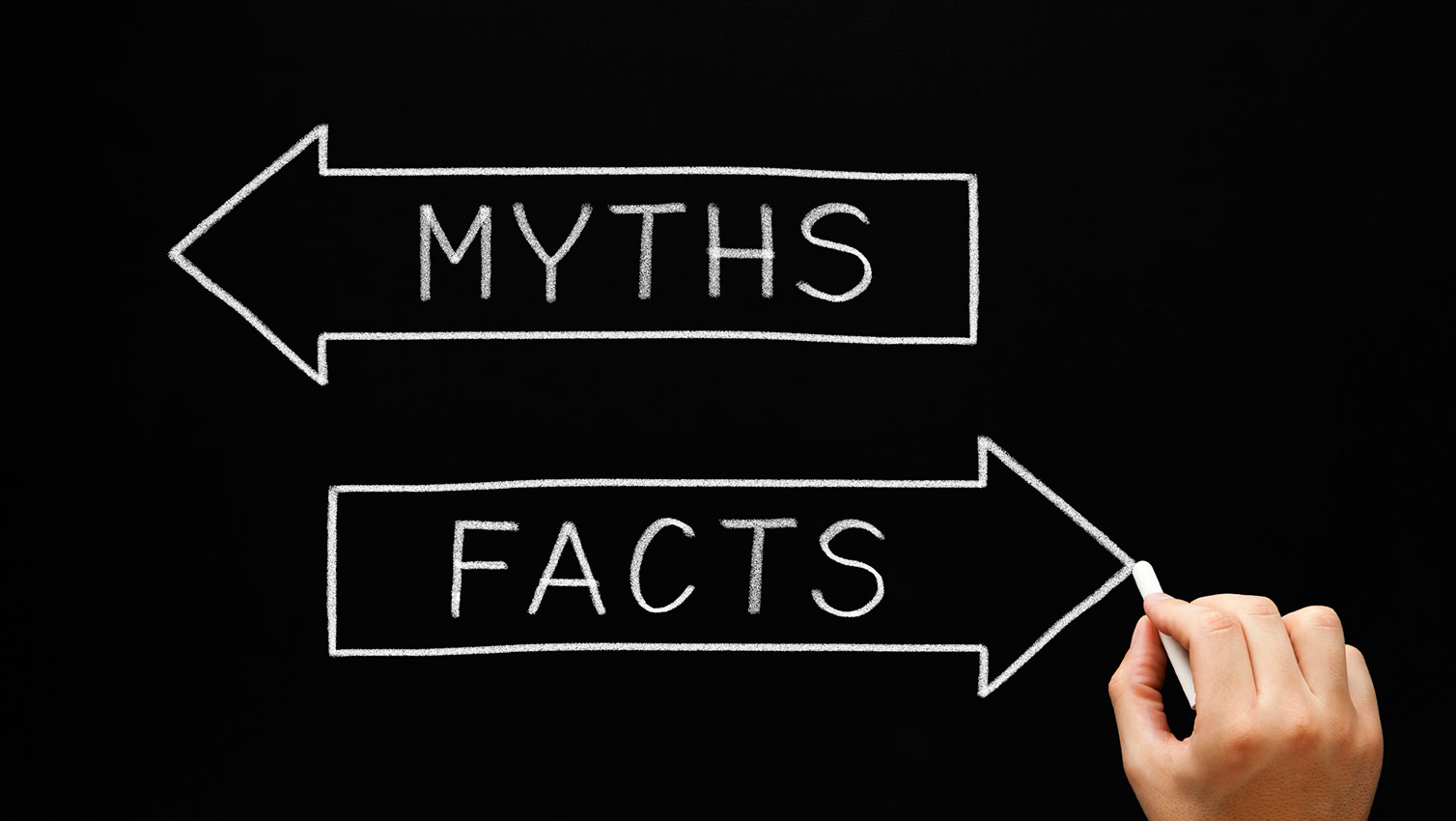
The impact of grass roots’ branding
Branding can be a tool to improve the lives of communities in some of the remotest parts of the world. Sandra Horlings provides a first-hand example of her work to lift the well-being of refugee communities in India.


